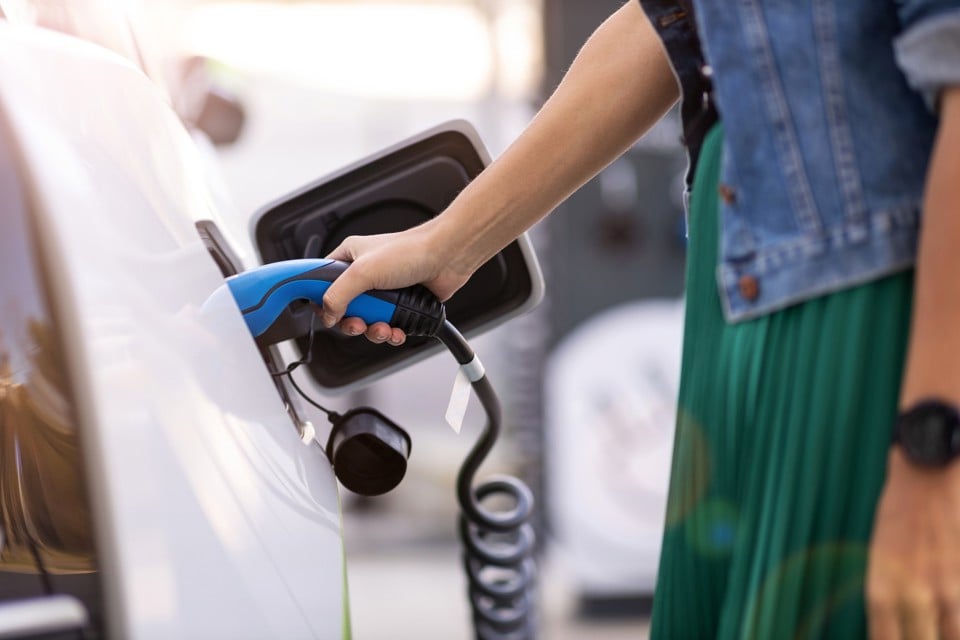The number of public electric vehicle charging devices has increased 18% in the UK over the past year to 19,487.
The figure is included in the latest Electric Vehicle Charging Device Statistics report produced by the Department for Transport, which says that, of these, 3,530 were rapid devices.
This is an increase of nearly 10 times since 2015.
Rod Dennis, RAC data insight spokesman, said: “The rise in the number of charge points across the UK is very encouraging and sends all the right signals to drivers who might be thinking about opting for an electric model next time they change their car.
“Add in the fact that many people with electric cars can charge from home and overall it’s a positive picture.
“But there’s still a way to go and the focus now needs to be on installing as many fast chargers as possible, given that less than a fifth of public chargers are rapid.
“While the speed of fully charging an electric car can’t compete with the five minutes or so it takes to fill up a petrol or diesel model, a greater number of faster chargepoints could help tempt more people to ‘go electric’ sooner.”
The DfT report says there is an uneven geographical distribution of charging devices within the UK.
London has the highest level of charging device provision per 100,000 of population with 63, while Northern Ireland is lowest with 17. The UK average is 29 per 100,000 people.
Some UK local authorities have bid for Government funding for charging devices, and others have not.
The report says most of the provision of charge points has been market led, with individual charging networks and other businesses such as hotels choosing where to install devices.
Charlie Jardine, founder and CEO, EO Charging, the electric vehicle charge point and charging software developer, added: “It’s great to see an 18% increase in public chargers this year with a 7% increase in available chargers in the last quarter alone.
“We look forward to seeing this number grow as electric vehicles are set to be an essential part of how we ‘build back better’ from the Covid-19 pandemic.
“Whilst increasing the availability of public charge points is an important step in overcoming the barriers to EV adoption, 59% of vehicles on roads are company vehicles so businesses must carefully consider installing their own EV charging infrastructure.
“We’ve seen much evidence of businesses leading the way on this in recent months, with significant demand from our customers transforming their fleets across the UK and Europe from diesel and petrol to electric.”
At the end of last month, Richard Jones, managing director of Lex Autolease – the UK’s largest leasing company – labelled the country’s charging infrastructure “not-fit-for-purpose”.
He told Fleet News parts of the country are poorly served, limiting the wider adoption of EVs.























Login to comment
Comments
No comments have been made yet.